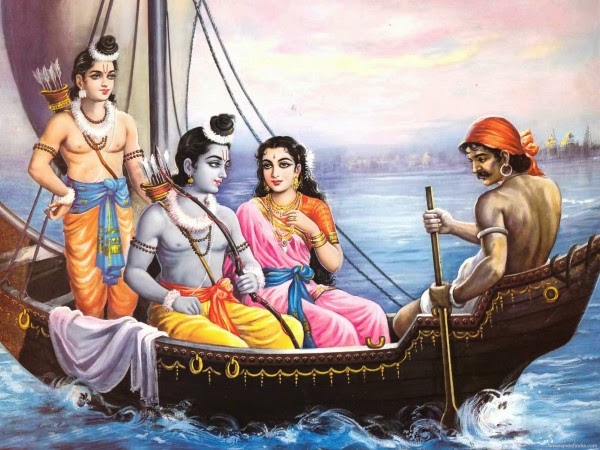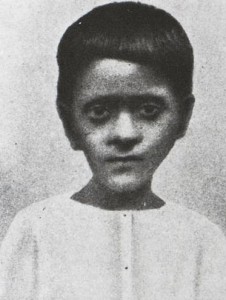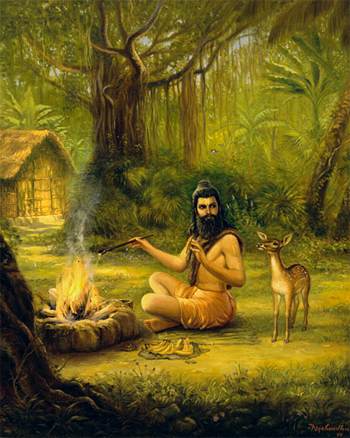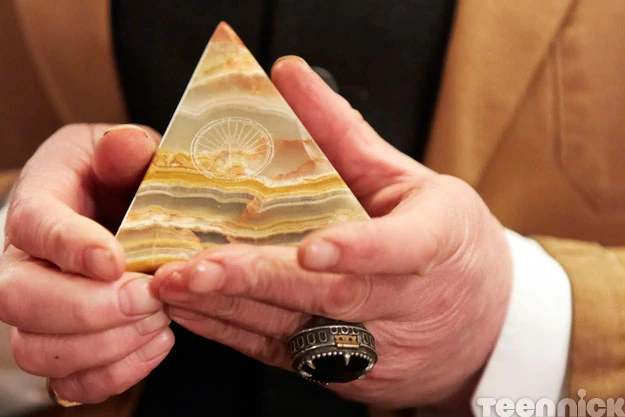B.G: 07.20
kāmais tais
tair hṛta-jñānāḥ
prapadyante ’nya-devatāḥ
taṁ taṁ niyamam āsthāya
prakṛtyā niyatāḥ svayā
prapadyante ’nya-devatāḥ
taṁ taṁ niyamam āsthāya
prakṛtyā niyatāḥ svayā
Translation: Those whose intelligence has been contaminated by impure desires take refuge of the demigods and follow the particular rules and regulations of worship according to their own natures.
Story of Indra Moksha
Once Gopal saw there
was a huge preparation going on in his home for some puja. He asked his father
what is going on. His father replied that everyone is preparing for annual
Indra puja. Gopal innocently asked why do you worship Indra dev with all this paraphernalia.
His father replied that we are cowherd men and depend on rains for crops and
Indra provides us rain and therefore as a matter of reciprocation we offer him
this puja. Gopal said that this is the duty of Indra to provide you rain and
this has been assigned to him by Supreme Lord. You need not give any payment to
him by making the offerings to him. His father replied that if we will not do
this then Indra will not supply rains to us. Gopal again said that Indra has to
supply rain whether or not you make separate offering to him and this is his
duty. Rather than making offering to
Indra we should make that same offering to Sri Govardhan who is providing fresh
nourishing grass to our cows and giving them pleasure. Nanda Maharaja and other
residents of Vrindavan , out of great affection for Gopal agreed to what he
said. They made all the preparations to Sri Govardhan. There was a big festival
at Govardhan and everyone was very happy making offerings to Sri Govardhan. Meanwhile,
when Indra saw this, he become infuriated. He said that these villagers have
become so proud to offend him by behaving in this way. Their pride have made
them so foolish that they have agreed to a request of a small boy and changed
their decision of making the same offerings to a petty hill. He felt that it is
his duty now as an in charge of the universe towards the villagers to improve
their attitude by giving them some punishments. He ordered samvartaka clouds
which are called at the time of destruction to flood the village with their
waters. Heavy rain started pouring over village. Everyone approached Gopal and
requested him to save them. Gopal immediately went to Govardhan hill, offered
his obeisances to the hill and then he lifted the hill with his hands and
placed it on his little finger. Then he asked all villagers to come under the
hill with all their paraphernalia. In
this way, Gopal and all residents of Vrindavan stayed under the Giriraj and
enjoyed their ecstatic loving exchanges. Gopal employed his Sudarshan Chakra to
move all over Govardhan to check that no drop of water even comes under the
hill. Meanwhile, when Indra saw this ,
he became more infuriated and he himself came on his elephant carrier Airavarta
and started to hit the hill with his Vajra. But not even one leaf of the tree
on the hill fell down. Indra felt utterly humiliated and his false pride was
shattered completely. He then went to Surabhi cow to ask who is this boy and
then mother Surabhi told him that how he has done a great offense against the
supreme Lord and His family members. Indra was extremely repentant of his
mistakes. Indra then approached for forgiveness from Gopal with the help of
mother Surabhi who is so dear to Gopal. Gopal forgive Indra and blessed Indra
with great benedictions and Indra returned back to his home and started
performing his duties with humility and responsibility.










